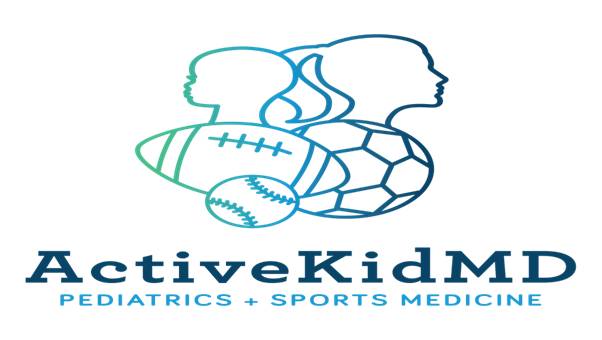Concussion: No Attention Deficit to Ethical Care
Whether it be during a pre-participation exam, evaluation a patient with two previous concussions, or even while watching my kids at soccer practice, getting more and more inquiries that are based on the premise "should I let my child play their chosen sport and risk getting a future concussion?"
Bet most people who ask me don't anticipate the extent of what comes back at them....and often, my responses are formulated with even more questions.
In each case, I have found that there is no textbook or rote answer. Rather, each athlete brings an unique set of past medical concerns, life experiences, expectations, and level of risk tolerance that deserves a personalized response that engages the athlete and family in that very decision-making process. In efforts to feel that I have adequately educated on individualized possible risks, I sometimes wonder if I overwhelm families with data and information, while in other cases I struggle with a lack of good science to help make evidence-based decisions about that risk.
The protection from future harm is a direct correlate of the principles of the Hippocratic Oath "First of all, do no harm" that does seem relatively basic in its premise, but in practice can be fraught with difficult dilemmas.
Case in point: how about the football player with Attention Deficit Disorder (ADD) who wants to play football? In practice, have had many patients with diagnosed or suspected pre-existing ADD have worsening of ADD symptoms after a head injury. Many have required re-starting or increasing medication doses as part of their treatment, and have had extended periods of recovery that have adversely affected grades for entire academic semesters or longer.
Looking at the medical literature, the studied relationship between pre-existing ADD and recovery from Concussion is inconclusive. My patient experiences more seem to mirror the findings that patients with pre-morbid ADD are more likely to have moderate disability after mild Traumatic Brain Injury (I do have some issues with this article, including definitions of brain injury, lack of comment on pre-injury treatment, and reporting of academic progress after injury).
So, if I have a professional regard that young athletes with ADD may have more complicated recoveries from concussion, how do I best convey this information to families?
Do I categorically discourage participation in all risky activities? If so, how do I define such activities, or do I leave that up to the family? Is it more proper to bring up this potential risk as a matter of appropriate patient education and let the athlete and family make the ultimate decision? Do the documented benefits of regular physical activity and structure of a team or individual sport outweigh the potential risks in this particular child? Do I have enough experience and data to make an evidence-based statement about ADD and concussion, and thus fulfill a primary duty to reduce future risk?
The legal and ethical implications in the evaluation and management of sport concussion published in Neurology , July 2014 provided an interesting review of how to frame approaches to these discussions. Important elements, which I hope I try to abide by in my practice, include:
- Staying current with state-based concussion legislation and prevailing standards of concussion practice
- Allowing patients and families to participate in making medical decisions, and to even refuse to comply with recommended treatment
- Providing appropriate education to allow informed decisions
- Respecting patient medical privacy by clarifying early in encounters whether health information can and will be shared with medical colleagues and school/team personnel
- Protect athlete as much as possible from future harm
- Acknowledge conflicts of interest that might cloud judgement
- Provide equal access to concussion evaluation for all athletes
So, it is probably now readily apparent that an appropriate response for such as seemingly brief query ""should I let my child play their chosen sport and risk getting a future concussion?" is anything but brief. Just like each concussion is an individualized experience, assessing and counseling on risk stratification requires a personalized and methodical approach.
In the particular case of ADD and contact sports, I find myself more apt to present my professional experience about those athletes with protracted recoveries to fulfill my duty as part of the informed decision making process that involves the athlete and his/her family. I also am more aggressive in reviewing and optimizing all aspects of their ADD management (school modifications, homework environment, tutoring, counseling, and medications) in hopes that in the case of a concussion, more comprehensive pre-injury ADD treatment may reduce post-injury complications.
What are your thoughts about counseling for concussion risk reduction? How would you best handle an athlete at higher risk?
